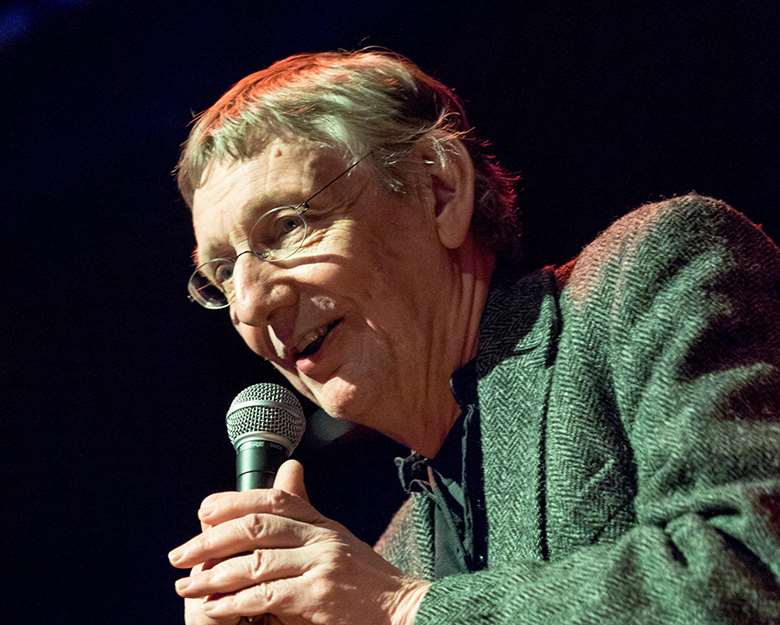John Cumming – 30/09/1948 –17/05/2020
John Fordham
Friday, May 22, 2020
John Fordham pays tribute to one of the most important and much-loved figures in British and European jazz, John Cumming, who died this week after suffering with cancer


Register now to continue reading

Thank you for visiting Jazzwise.co.uk. Sign up for a free account today to enjoy the following benefits:
- Free access to 3 subscriber-only articles per month
- Unlimited access to our news, live reviews and artist pages
- Free email newsletter